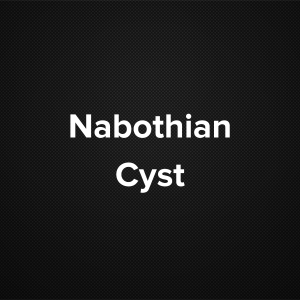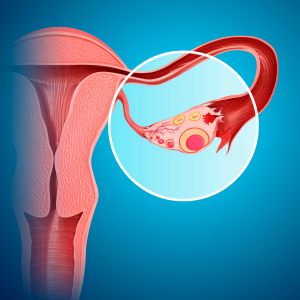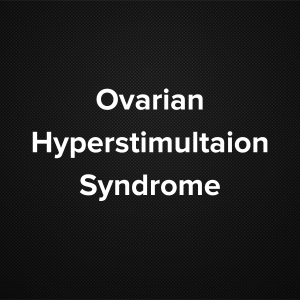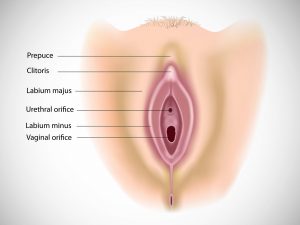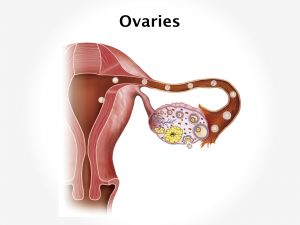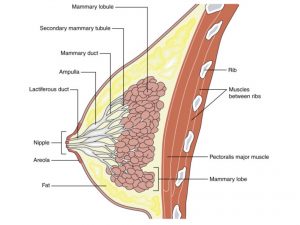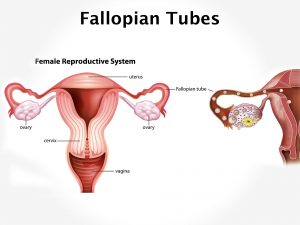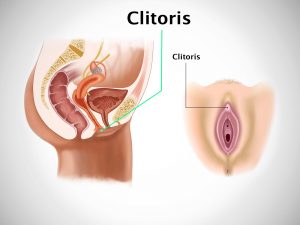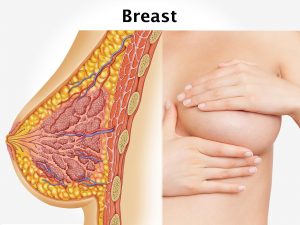Causes and risk factors
Acute vaginal bleeding can occur at any age – newborn, prepubertal, pubertal, pregnancy, post-menopausal, etc. Vaginal bleeding in a female newborn occurs as a result of withdrawal of large amount of maternal estrogens. In prepubertal girls, vaginal bleeding in the absence of secondary sexual characteristics should be evaluated carefully. It can occur due to malignancy. Vulvar irritation can cause pruritus with excoriation, maceration of the vulvar skin, or fissures that can bleed. Other visible external causes of bleeding in this age group include urethral prolapse, condylomas, or molluscum contagiosum. A foreign body in the vagina is a common cause of vaginal discharge, which may appear purulent or bloody. Young children explore all orifices of their bodies and may place all varieties of small objects inside their vaginas. Most common objects are small pieces of toilet paper, toys, etc. The presence of vaginal foreign bodies may be a marker for sexual abuse. Precocious puberty occasionally is marked by vaginal bleeding in the absence of other secondary sexual characteristics, although it is more common for the onset of breast budding or pubic hair growth to occur before vaginal bleeding. Trauma can be a cause of genital bleeding, which can be physical trauma, or due to sexual abuse. Other serious but rare causes of true vaginal bleeding include vaginal tumors. The most common tumor in the prepubertal age group is rhabdomyosarcoma. In pubertal age, during the first 2 years after menarche, most cycles are anovulatory. Anovulatory bleeding can be too frequent, prolonged, or heavy, particularly after a long interval of amenorrhea. In the adolescent age group, the possibility of a hematologic cause of abnormal bleeding must be considered such as coagulation disorder, von Willebrand disease, etc. Anatomic causes include obstructive or partially obstructive genital anomalies typically present during adolescence. Müllerian abnormalities, such as obstructing longitudinal vaginal septa or uterus didelphys, can cause hematocolpos or hematometra. If these obstructing anomalies have or develop a small outlet, it will lead to vaginal bleeding. In child-bearing age group, exogenous hormone intake such as OC pills can cause acute vaginal bleeding. Contraceptive methods such as Copper T can cause acute vaginal bleeding. Infections like chlamydia can cause the disease. PCOD, hormonal imbalance can lead to acute vaginal bleed. Bleeding in pregnancy can be associated with a spontaneous abortion, ectopic pregnancy, or other pregnancy-related complications such as a molar pregnancy, placenta previa. Peri-menopausal acute vaginal bleeding can be caused due to hormonal changes. It can also be due to underlying malignancy.
Clinical presentation
Symptoms produced in acute vaginal bleeding are variable depending upon the cause of the bleeding. Abnormal vaginal bleeding includes sudden onset of bleeding per vagina due to irregular periods, shorter menstrual cycles, bleeding between 2 periods, prolonged menses, systemic symptoms such as anemia, weakness, pallor, weight loss, etc., may be present. There may be pain in the vulva if the cause is trauma or sexual abuse.
Investigation
Medical history by the patient and Clinical examination by the doctor helps in diagnosis. Routine hemogram is advised. Pregnancy test, thyroid function tests are recommended. USG abdomen and pelvis is recommended.
Treatment
Treatment for acute bleeding depends on several factors including the cause, age, severity of the bleeding, and whether the patient is willing to conceive. No treatment is required for acute vaginal bleeding after birth. Underlying major cause, if any, such as lesion of vulva, trauma must be treated. Factors that cause bleeding should be removed such as foreign body, Copper T, etc. Medical treatment includes birth control pills or hormones; anti-inflammatory drugs such as NSAID’s, antibiotics in case of infection. Change in contraception method is required if the cause is IUD. Anti-bleeding agents will help in managing bleeding which is not hormonal and will contribute further to the treatment. Surgery to remove polyps/fibroids/cancer; endometrial ablation; hysterectomy (removal of the uterus) may be required. Mild cases of bleeding are managed with hormonal treatment. Severe cases of bleeding require hospitalization and blood transfusion.
Other Modes of treatment
The other modes of treatment can also be effective in treating acute vaginal bleeding . Homoeopathy is a science which deals with individualization and considers a person in a holistic way. This science can be helpful in combating the symptoms. Similarly the Ayurvedic system of medicine, which uses herbal medicines and synthetic derivates, is also found to be effective in treating acute vaginal bleeding.
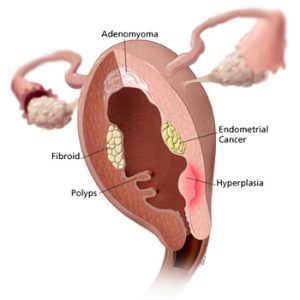
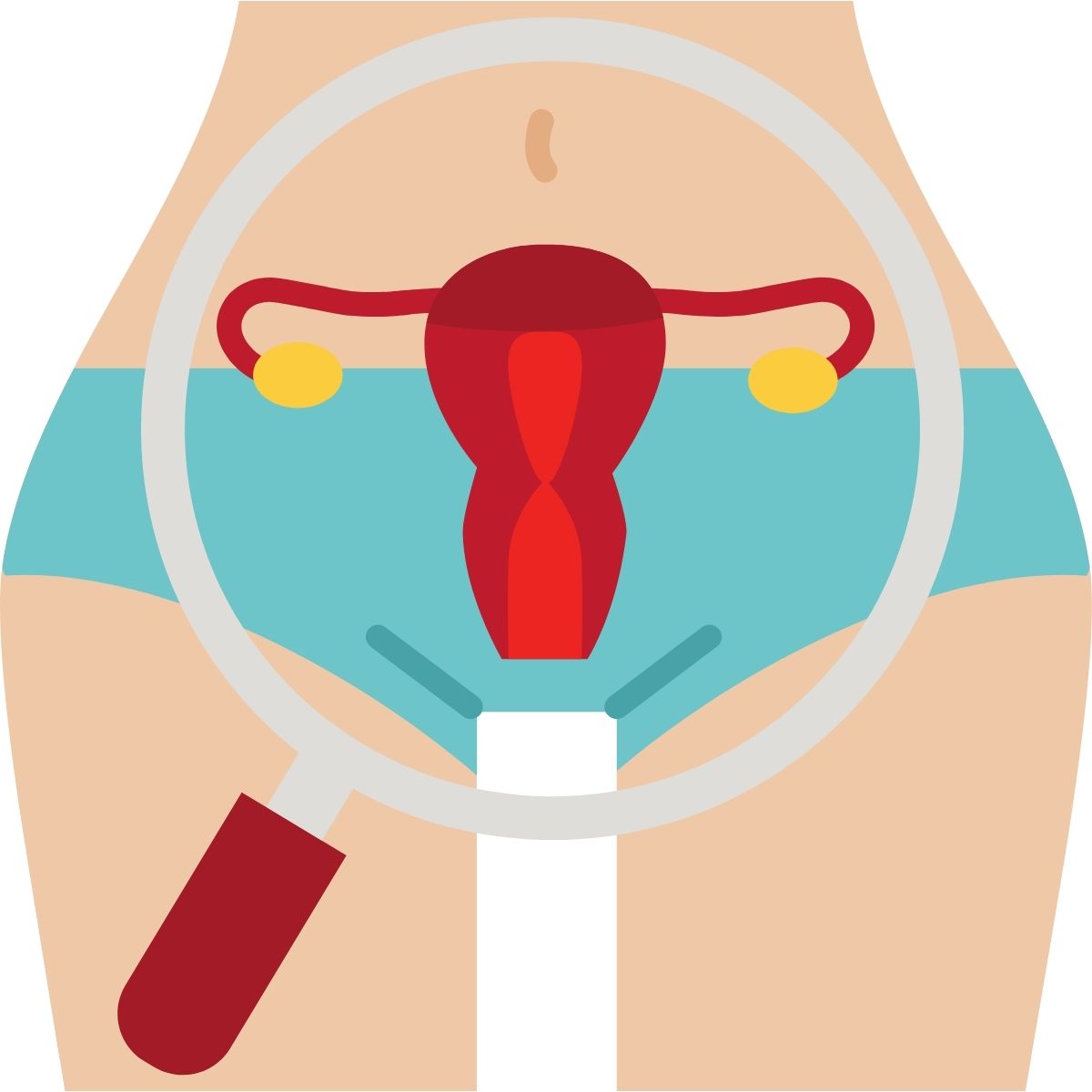
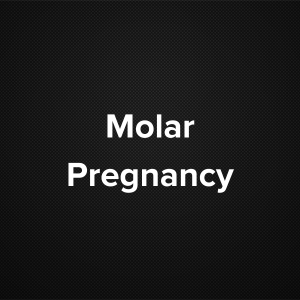


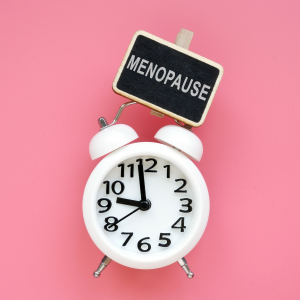
![Lobular Carcinoma In Situ [LCIS]](https://moho.loopshell.com/read/wp-content/uploads/2022/01/Lobular-Carcinoma-In-Situ-Lcis-300x300.png)
